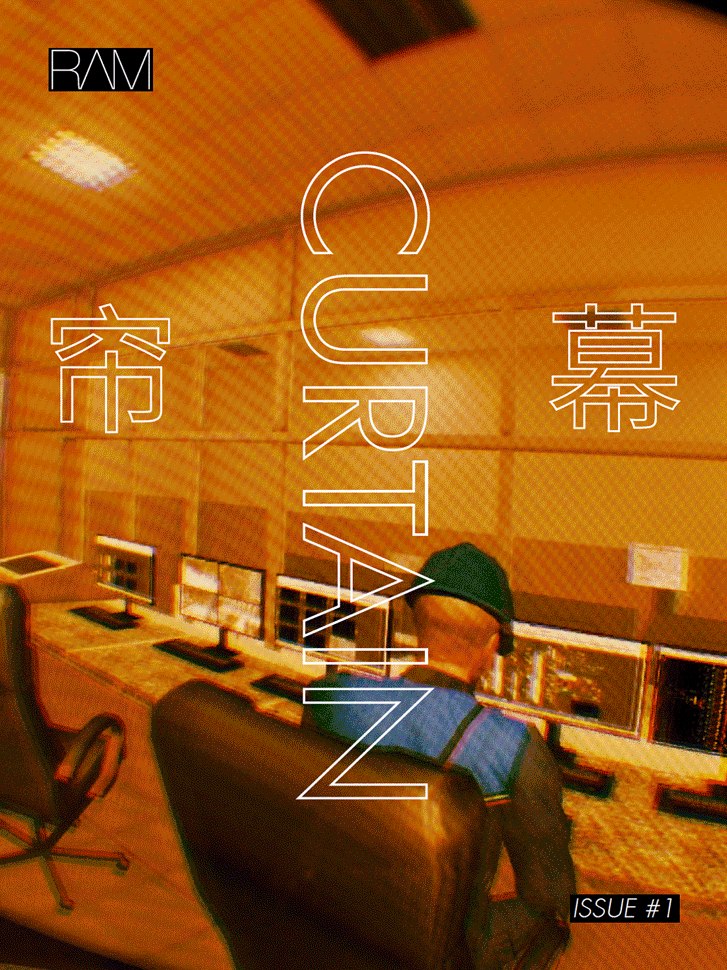End Time Super Topic
20 Huqiu Road
Shanghai
China
The world has been grappling with the COVID-19 virus for more than four months now. With the pandemic being a threat to human lives worldwide, a classic political theme from Hobbes’ Leviathan has been featured in the debate about the role of the state: that the people must sacrifice their own rights in order to achieve self-preservation. Countries around the world have adopted a variety of methods, such as personal location tracking, the use of algorithms to identify suspected virus case and so on, in order to control the actions of citizens as well as the spread of the pandemic. The thoughts of Giorgio Agamben are also reflected here, in that exceptional circumstances may allow a country or other institutions to take advantage of the opportunity to extend its or their power.
Our daily, prevalent dependence on digital devices has generated a wealth of personal data, a valuable resource that can be used for different purposes. These devices act as interfaces between people and the real world; they provide access to information and life conveniences, opportunities for social connection, and even permission to go to certain places. While technology is seemingly supporting people during this period, the data collected are also giving institutions access to various methods of control. If we see the picture from a larger perspective, what kind of impact would a huge network between nation-states bring in a near future, with an aim to facilitate the international exchange of data and information more fluid? How does earth become a subject of surveillance? The relationship between human, themselves and the world is undergoing crucial change because of the Big Data processing through the digital medium: they are almost the only way to know and to connect with the world, in order to ultimately control it.
In Curtain Online Issue #1 End Time Super Topic, we will focus on the available knowledge, criticisms and imaginations of contemporary surveillance mechanisms, and more importantly, on how people can stand out of the actual system of seeing, surveillance and control.
Conversation on the End of the World
In “The Intensive Care Unit,” it’s as if Ballard had somehow foreseen the Zoom-dominated social landscape today. The difference between our world and that of Ballard’s is that in his world, the system of socializing solely through screens has become the “normal” way of life, where people no longer recall what bodily contact or face-to-face interaction is like.
The Costs of the Health Code and Social Control
Despite the few benefits and high costs of the health code, we know from looking at history that when social control measures were enforced in the past, they all eventually became part of the everyday “normal.” For this reason, when citizens make statements, they must attach reliable proof. The health code is similar to these as it serves to prove that one is in good health.
Facial Recognition Is Growing Fast and So Are Ways to Defeat It
Facial recognition can increase convenience and efficiency, but it also arouses concern on privacy. In order to protect such privacy, some individuals and companies have invented ways to thwart facial recognition with creativity, imagination, and knowledge. The methods can overall be divided into two categories…
Lu Yang: I Abandon My Flesh to Reincarnate in the Virtual World
The virtual world has the potential to break through all boundaries and make everything possible. Lu Yang’s identity as an artist will be fully taken over his digital human, meaning that Lu Yang, the developer, may retreat behind the digital human. The digital human can take interviews for Lu Yang and appear at all the occasions that need him to show up.
This series of online issues is part of the “Curtain”, a long-term research-based project of Rockbund Art Museum since 2020 onwards. For further information, please visit here.

